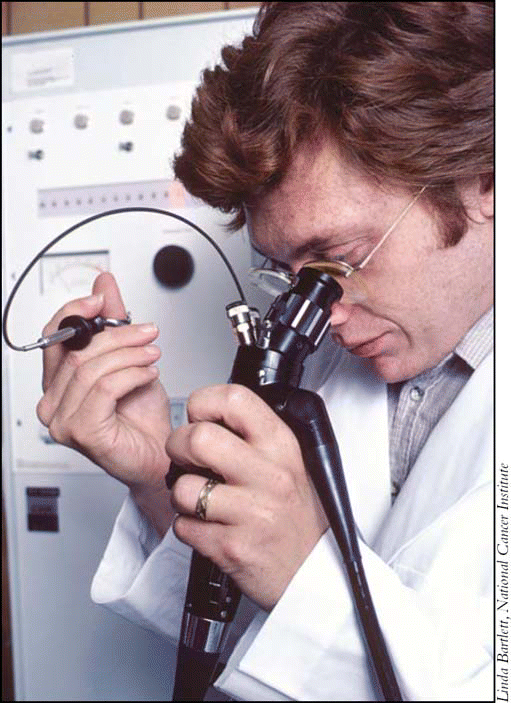CHICAGO-Obviously, there are times when a trip to the operating room is the only option, but more and more physicians are finding that more and more screening, diagnostic, and minimally invasive procedures are best performed in the office setting. Reduced risks, better recovery times, and favorable reimbursement are just a few of the issues that often make many laryngology and esophagology procedures attractive candidates for an office-based approach, according to Albert Merati, MD, Chief of Laryngology, Associate Professor of Otolaryngology and Communication Sciences and Director of the Center for Communication and Swallowing Disorders at the Medical College of Wisconsin in Milwaukee.
Explore This Issue
August 2006
Dr. Merati served as moderator for a special panel discussion hosted by the American Broncho-Esophageal Association here at the Combined Otolaryngology Spring Meetings (COSM). The panelists discussed some of the key issues related to office-based techniques, including utility of the procedure, equipment needed, indications and contraindications, and the economic implications of various techniques.
Transnasal Flexible Laryngoscopy and Biopsy
Transnasal flexible laryngoscopy (TFL) is commonly used in the office setting to evaluate patients with vocal cord paralysis or vocal fold tumors, but it is also very effective for obtaining tissue for biopsy, said Jonathan Aviv, MD, Professor of Otolaryngology-Head and Neck Surgery and Medical Director of the Voice and Swallowing Center at Columbia University Medical Center in New York City.
The indications for unsedated transnasal flexible laryngoscopy and biopsy are really very broad. We use this as a substitute for intraoperative direct laryngoscopy and biopsy under general anesthesia, Dr. Aviv said. This is not a substitute for laryngeal phonomicrosurgery, be very clear on this. This is for those white lesions and red lesions that you see in the office, that you see at the tongue base and you see in the larynx. We usually follow these things, but why follow them when you can get a definitive tissue diagnosis right away?
Dr. Aviv said his goal is to perform the procedure without the need for any injections, using only a topical anesthesia, typically 2% plain xylocaine, dropped directly on the vocal folds.
Then the instrument we use is a either a disposable brush or disposable biopsy forcep with suction attached, and a flexible laryngoscope that has a working channel, he said. The advantage of the brush is you can biopsy a broad lesion. The disadvantage is you can’t get through the basement membrane and you can’t detect invasion, which you can do with a cup forcep.
Advantages for Patient and Physician
The ability to perform the procedure without the need for general anesthesia, however, is the overriding advantage of office-based laryngoscopy, Dr. Aviv said.
Leave a Reply